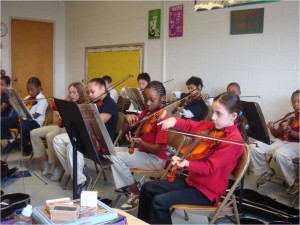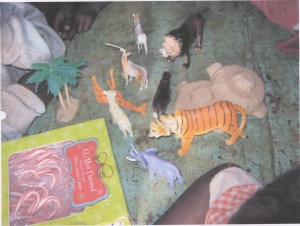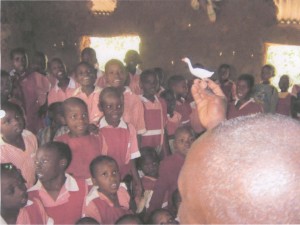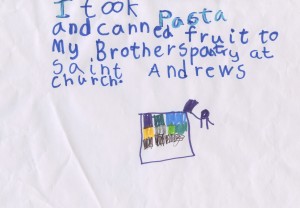 When you think of confidence what people, words or images come to your mind? I see a person with a smile who is working on something that they know they do very well. I have watched my wife working in the kitchen preparing a meal, with what seems to be a thousand things happening at the same time and in the end the meal is perfect and served together. She does it with an easy concentration and with confidence of the outcome.
When you think of confidence what people, words or images come to your mind? I see a person with a smile who is working on something that they know they do very well. I have watched my wife working in the kitchen preparing a meal, with what seems to be a thousand things happening at the same time and in the end the meal is perfect and served together. She does it with an easy concentration and with confidence of the outcome.
When you are confident you have a special energy about yourself, you are not easily distracted from the task at hand and if an obstacle does come up, you deal with it without being flustered by the challenge. Since we cannot be confident in everything that we have to do in a day sometimes we have to put on the face of confidence, we must have the “I Can, I Will” attitude. How do we accomplish that?
We start with our physical self first. Our body will stand straight and tall, look others in the eyes and walk in a manner that looks like we know where we are going and that we will not be stopped, with a strong assertive voice. Continue reading “Life Skills: Confidence Raises Self Esteem”





